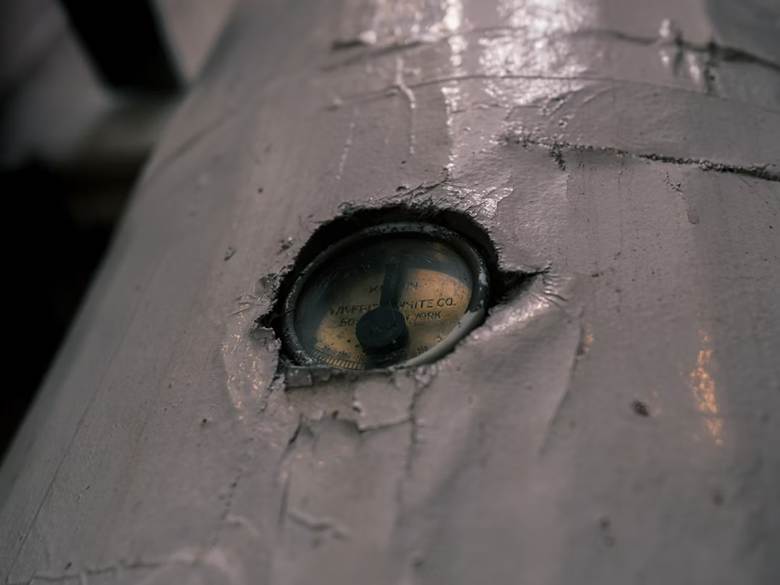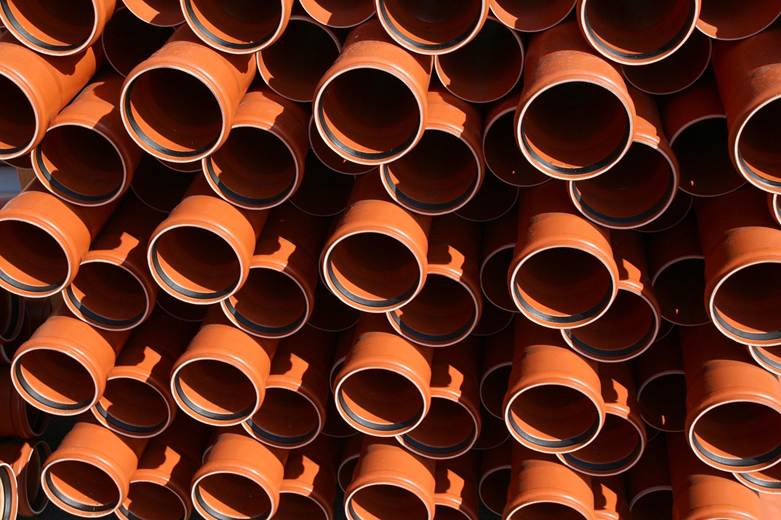Property owners face significant challenges with plumbing systems and water waste when it comes to maintaining the integrity of pipes. Preventing pipe damage can save you from costly repairs and maintain the efficiency of your property’s water usage.
When you adopt proactive measures, you can prolong the life of your plumbing system and reduce water waste. This article outlines techniques for protecting pipes and minimizing resource consumption within your property.

Understanding Common Causes of Pipe Damage
Various factors contribute to pipe damage in residential and commercial properties. Poor installation practices rank high among these, with many homeowners opting for DIY methods or selecting inexperienced contractors.
Such decisions can lead to improper pipe alignment, causing stress on the joints and walls. Corrosion plays a significant role in pipe deterioration. With older metal pipes, chemical reactions between the water and pipe materials can result in leaks.
This process can be accelerated by the presence of minerals like iron and copper in the water. Temperature fluctuations pose threats, they can cause expansion and contraction within the pipes, leading to cracks or bursts in extreme conditions. Tree roots infiltrate underground pipes, obstructing water flow and causing serious blockages.
Partnering with Local Plumbing Experts
Preventing pipe damage in properties often requires the guidance of experienced plumbing professionals. Local plumbers can assess your property’s existing system and recommend effective solutions for managing water flow, reducing stress on pipes, and preventing leaks.
Proper installation of drainage systems, including roof gutters and downspouts, helps direct water away from foundations and underground pipes, minimizing potential damage.
Whether you work with Bay Area plumbers, Central Coast plumbers, or someone else local, ensure that the experts you hire understand your property’s unique plumbing needs. Collaborating with qualified local professionals ensures both the longevity of your plumbing infrastructure and efficient water management.
Timely interventions by trusted experts can prevent costly repairs and promote sustainable water usage practices.
Regular Maintenance as a Key Strategy
Regular maintenance should not be overlooked as a critical strategy for preventing pipe damage. Schedule periodic inspections with licensed professionals to ensure that plumbing systems remain in peak condition.
By identifying potential issues early, you can avoid significant repairs later. One vital aspect of inspections includes checking water pressure. High water pressure often leads to leaks and pipe bursts, so ensuring it remains within the recommended range is necessary.
Professionals can easily identify problem areas and recommend solutions to rectify them. Another important aspect involves vigilant monitoring of visible plumbing components, such as taps and connections. Replace any worn-out hoses and fittings immediately to eliminate risk factors.
Seasonal maintenance checks will further help you identify environmental issues that may impact your pipes. Regular upkeep is essential for preserving your investment, and maintaining optimal function alleviates concerns about potential wastefulness in resource consumption.
Utilizing Insulation for Pipe Protection
Insulating your pipes plays a critical role in damage prevention. Temperature fluctuations can cause pipes to expand and contract, leading to fractures or leaks. Insulation serves as a protective layer that maintains a stable temperature around the plumbing, keeping pipes safe from extreme heat or cold.
You can find insulation materials tailored for various types of pipes and installation settings, ranging from foam tubing to insulated tape. Regardless of the choice, effective insulation reduces heat loss in hot water pipes and prevents them from freezing in colder climates.
This strategy is particularly vital for properties in regions that experience significant seasonal temperature swings. Insulating above-ground pipes prevents issues like condensation and moisture buildup, which can pose additional risks. Regularly inspecting and replacing insulation as needed broadens the protective measures taken against water waste and enhances efficiency.
Smart Technology for Monitoring
Investing in smart technology for plumbing systems presents a modern solution for preventing pipe damage and waste. Smart devices can monitor water flow and pressure in real-time and alert homeowners to any irregularities. This technology enables quick responses to potential leaks and other issues before they evolve into more severe problems.
Apps linked to smart plumbing systems can keep you informed about your water usage trends, helping you identify areas for improvement. Some smart systems automatically shut off the water supply when a leak is detected, drastically mitigating damage risk. Employing smart technology enhances the efficiency of your plumbing system and contributes to significant water conservation efforts.

Choosing Quality Materials for Longevity
Selecting high-quality materials for plumbing installations ensures durability and minimizes future issues. When pipes, fittings, and fixtures are manufactured with superior materials, they are less susceptible to corrosion, damage, and wear. Think about options such as PVC, PEX, or copper, which offer excellent lifespans and performance.
Researching new technologies in plumbing materials can further enhance your property’s efficiency and sustainability. Many modern solutions offer enhanced resistance to environmental factors and employ eco-friendly practices.
From the onset, quality materials reduce the likelihood of leaks and burst pipes, protecting your investment while conserving water resources effectively. Regularly assess and upgrade various plumbing elements to enhance efficiency continually.
Maintaining your plumbing system's integrity requires proactive measures, such as understanding common causes of pipe damage, regular maintenance checks, and implementing advanced technology solutions. Take the initiative to think about all aspects of your water management efforts. Property owners can effectively minimize water waste while extending the life of their plumbing systems!









